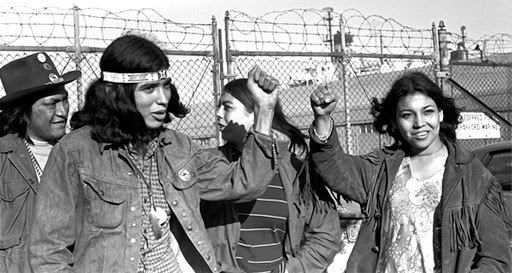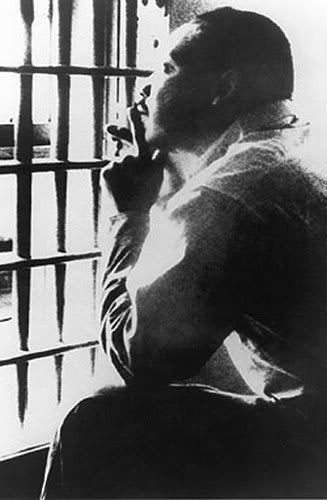PLEASE NOTE: “We” is used in the broadest sense to include all of the Americas. I haven’t bothered with the AmerIndian distinction or Native American semi-obscenity.
Wonk war has broken out again with publication of Napoleon Chagnon’s latest ouevre:
http://www.guardian.co.uk/worl…
Wonk wars rarely claim a casualty among the participants but often exacts a huge body count among the targets and collaterals as Iraq, above all, symbolizes today.
The book’s subtitle perhaps sums up [Chagnon’s] attitude to both groups: “My life among two dangerous tribes – the Yanomamö and the anthropologists.”
Whatever faults or merits one might find in Chagnon’s scholarship matters not a whit.
I was taken long ago when somehow I knew even less than I do now by a constant raging wonk war in far more tolerant times between the fire breathing liberal Alexander Cockburn and the dinosaurs on the facing page over the attempt of the Russians to quell the Afghani rebellion against the Communist dictators.
We know now how that turned out but never got the message.
More to the point the wonk war was over purported scientific evidence of germ warfare that turned out to be false, if not fraudulent. As far as I know now nobody cared enough to do a truly definitive study.
War is what embroils the brain, not so much science. Truth is of little importance in such contests.
I was then confused by Cockburn’s denunciation of Tibetan culture and semi-approval of conquest by China. Cockburn’s portrayal of the brutal treatment of women and children in Tibetan culture was directly opposed to the praise showered on a portrayal of an idyllic peaceful culture that persists to this day.
Things are seldom much like opposing viewpoints.
The wonk war brought up memories of an anthropologist who married a Yanomami woman and installed her in a house in an American suburb where they had two children. The two girls were still in school when the Yanomami woman escaped her unsatisfactory situation to return to the Amazon jungle. She found a mate who beat her, life was hard, heat and insects and the usual discomforts of the jungle bore down on her but most anything was better than the lonely life in an American suburb apparently.
At least she escaped before having to endure the internet.
Best, Terry



 On some positions a coward has asked the question is it safe? Expediency asks the question, is it politic? Vanity asks the question, is it popular? But conscience asks the question is it right? And there comes a time when one must take a position that is neither safe nor politic nor popular but he must take it because conscience tells him it is right. – Martin Luther King Jr., November 1967
On some positions a coward has asked the question is it safe? Expediency asks the question, is it politic? Vanity asks the question, is it popular? But conscience asks the question is it right? And there comes a time when one must take a position that is neither safe nor politic nor popular but he must take it because conscience tells him it is right. – Martin Luther King Jr., November 1967